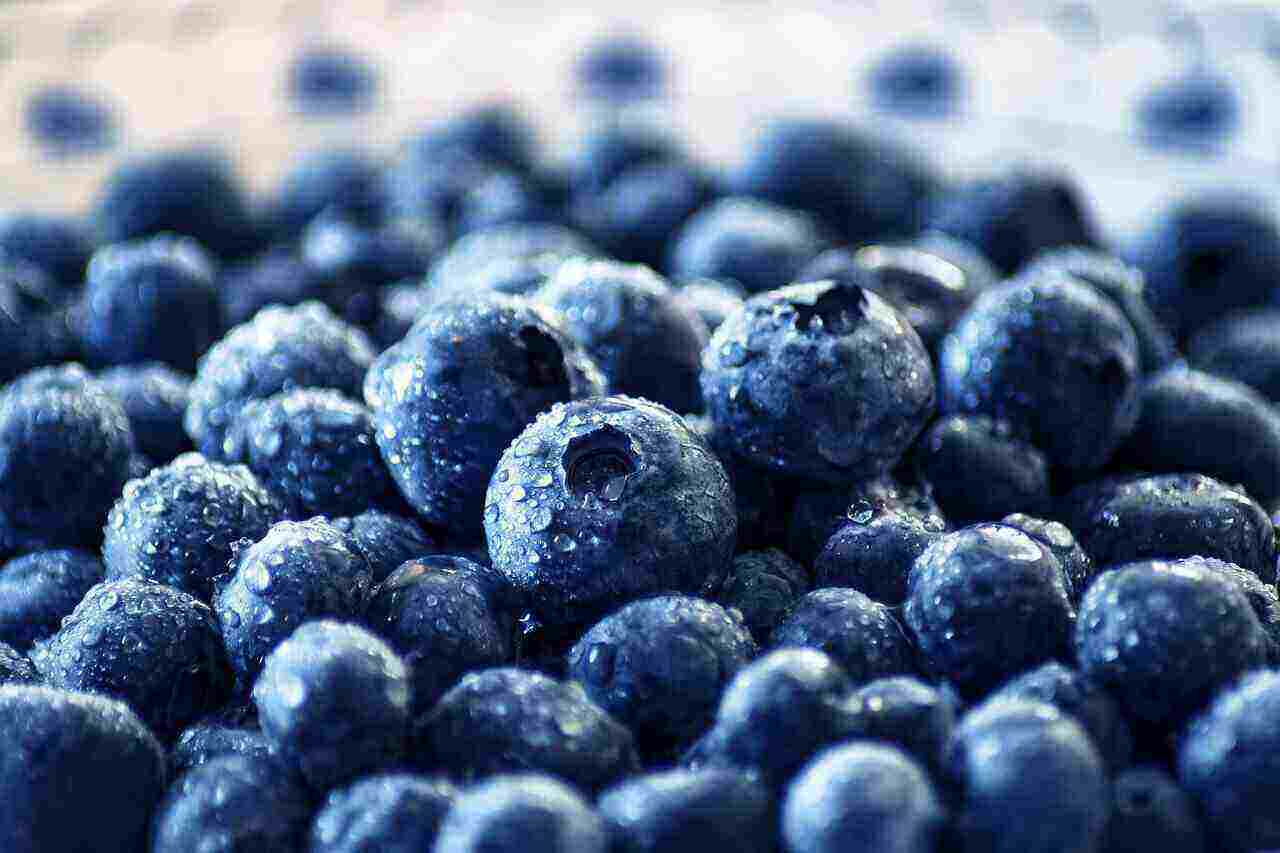Sunflower seeds are made from Helianthus annuus, a sunflower plant. The seed flesh is covered with a black shell and white stripes. It has a savory flavor and crunchy texture.
Sunflower seeds can be used to make dumplings. This snack is very popular among Indonesians. Sunflower seeds are small in size but have many health benefits.
Sunflower seeds can be used for more than just snacking. They can also be used to complement other foods like salads and oatmeal porridge.
Sunflower Seeds Offer a Variety of Benefits Sunflower seeds are rich in protein, carbohydrates and fiber. Sunflower seeds contain vitamins and minerals that are essential for the body. These include vitamin E, vitamin A1, vitamin B3, vitamin D6, vitamin B6, vitamin B3, vitamin H6, vitamin B6, vitamin B6, vitamin B3, vitamin K3, vitamin B6, vitamin B6, vitamin B6, vitamin B6, vitamin B3, vitamin C, vitamin E, vitamin V1, vitamin B3, vitamin G6, vitamin B6, vitamin B3, vitamin X, vitamin E, vitamin B1, vitamin b3, vitamin B3, vitamin BL6, vitamin B6, vitamin B6, vitamin B1, copper, phosphorous, and vitamin
Sunflower seeds are rich in nutrients and can provide many health benefits.
1. Prevent inflammation
Chronic disease can be caused by long-term inflammation. In this instance, sunflower seeds have the potential to reduce inflammation.
Because sunflower seeds are rich in vitamin E, flavonoids and bioactive substances that can be used as anti-inflammatory agents to suppress and inhibit inflammatory reactions,
A study actually showed that sunflower seeds can be consumed five times per week to lower the risk of developing chronic diseases such as stroke and type 2 diabetes.
2. Maintain heart health
Sunflower seeds have many benefits for heart health. This snack is rich in magnesium bioactive compounds and peptides, which are known to lower blood pressure, which can lead to heart disease.
Sunflower seeds also contain linoleic acids, which is an unsaturated fatty oil that can nourish the heart. This substance can lower bad cholesterol levels and reduce the risk of developing coronary heart disease.
3. Maintain blood sugar levels
Sunflower seeds are one the best snacks with a low glycemic index. These snacks are safe for diabetics as they won’t increase blood sugar significantly.
Research has shown that eating 30g of sunflower seeds per day for six months can reduce blood sugar levels by up to 10%. This could be explained by the high content of chlorogenic acid compound in sunflower seeds.
4. Maintain digestive health
About 3 grams of fiber is found in 30g of sunflower seeds. Even though the amount of fiber is small (about 1/8 of daily requirements), it can improve the work of your intestines in absorbing nutrients as well as maintaining a balance of good bacteria.
5. Keep your ideal weight
Many people dream of achieving their ideal weight. You can achieve your ideal body weight by eating sunflower seeds regularly. Sunflower seeds’ high levels of fiber, protein, and healthy fats can help you feel fuller for longer periods, which can reduce your desire to overeat.
In addition to the above benefits, nutritional content and other compounds found in sunflower seeds may also help relieve PMS symptoms, support healthy bones and skin, protect babies from neural tube defects and maintain and repair the body’s tissues.
Sunflower seeds can be a healthy snack choice, but they are also high in calories. Avoid overeating to avoid diabetes and obesity. Consuming too many sunflower seeds can cause hardening of your stool, which can cause chronic constipation.
Sunflower seeds are good for you, but limit your intake to 30 grams per day (+- 160 calories).
To get the best treatment, consult your doctor immediately if you have an allergic reaction to sunflower seeds or difficulty defecating.




